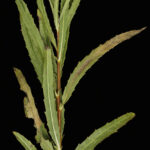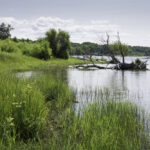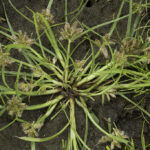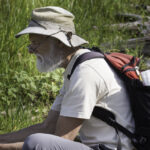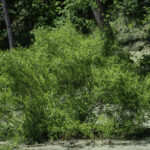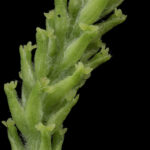Champlain Beaches & Deltas by Boat: Lakeshore Ecology and the Late-Summer Shoreline Plants
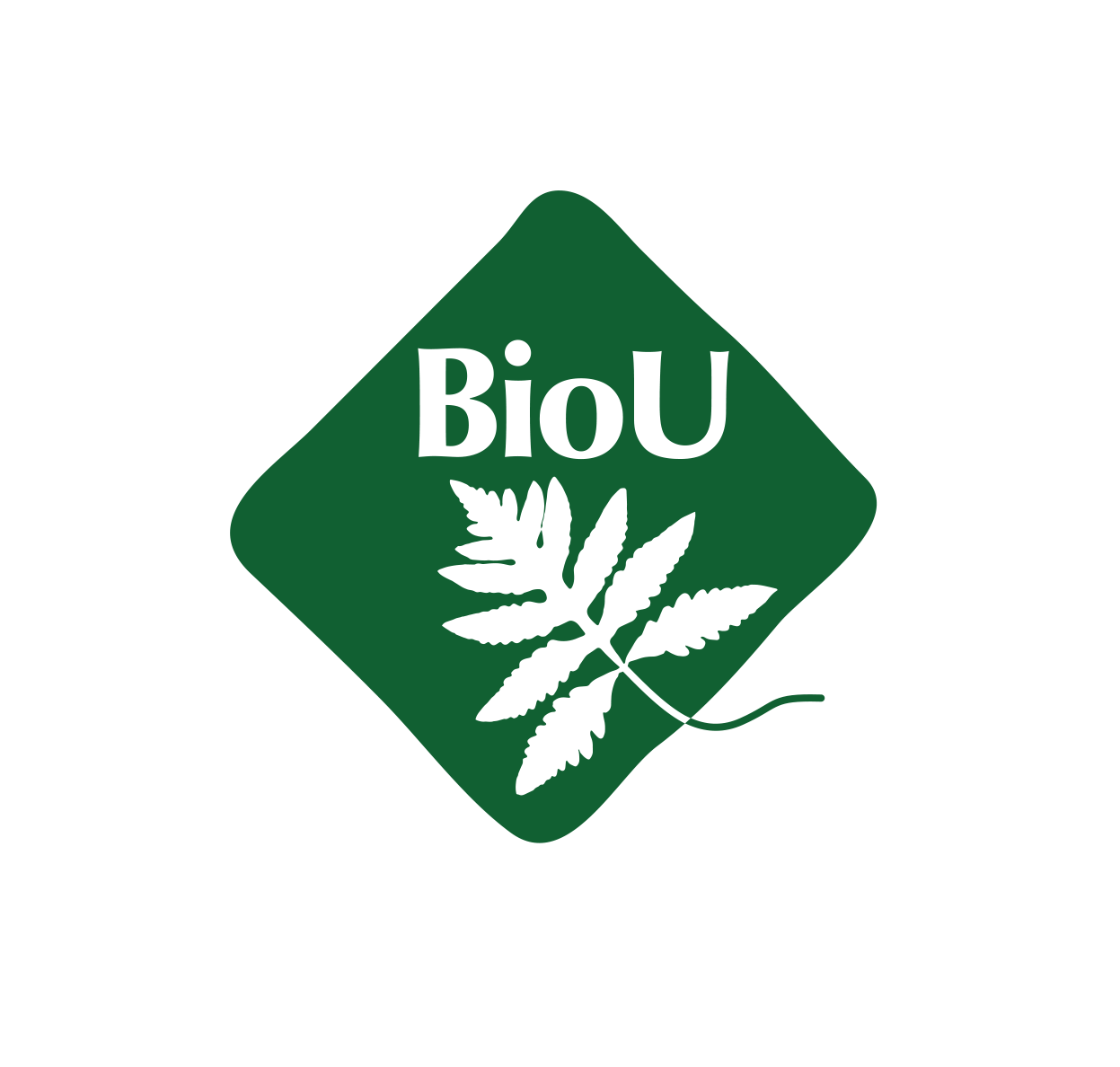
Instructors: Grace Glynn & Jerry Jenkins
August 31 - September 1, 2024 | $285
(Rain Date: September 7 - 8)
Course size: 10 students
Financial support available (contact us)
A Northern Forest Atlas field course
Bring Your Own Boat
A
two-day botanical and ecological exploration of the dynamic mosaics of floodplain forest, emergent marsh, shrub swamp, and grassland that occur where our major rivers meet Lake Champlain. We’ll take a deep dive into the landscape processes that shape these delta and beach systems, including flooding, ice scour, and wind.
Vermont has about forty species of late-blooming sedges (mostly), rushes (a few), and grasses (even fewer) that are best sought on lake and river shores in late summer and fall. Particular focus will be given to the fascinating and distinctive flora of low-water lake sand beaches.
This bring-your-own-boat course will take place entirely in the field and will include a mix of paddling and beach-walking.
About the Instructor(s)
Jerry Jenkins, from White Creek, New York, was trained in philosophy and mathematics, and has done botanical work 55 years. He has free-lanced in botany and ecology, worked as a researcher for the Wildlife Conservation Society, and currently produces books and imagery for the Northern Forest Atlas Project. He has written books on Vermont geography, acid rain, climate change, conservation easements, Adirondack geography, and four photographic guides (Woody Plants, Sedges, Mosses, and Grasses) and accompanying digital atlases for the Atlas Project. We will use the guides and digital atlas in the course. He is currently working on a full-length field guide to woody plants and a book on ecological patterns.
Grace Glynn is the State Botanist with the Vermont Department of Fish & Wildlife, where she works to map, monitor, and conserve Vermont’s approximately 600 rare and uncommon plant species. She holds a Master’s Degree from the Field Naturalist Program at the University of Vermont and a B.S. in Botany from Connecticut College. Grace has taught field ecology for the Vermont Master Naturalist Program, the Vermont Law School, and the University of Vermont. She lives on a kame terrace in central Vermont, where she’s cultivating a miniature sandplain grassland in her backyard.
Physical Requirements
Participants must be able to walk up to 2 miles over the course of each day off trail over uneven and potentially muddy terrain. Participants should be comfortable outside in potentially hot, muggy, wet, and/or buggy conditions for long periods of time. Participants must be comfortable climbing over, under, and through debris in the forest. Please reach out to us if you have any questions about mobility and/or other accessibility needs.
Recommended Reading
Meals
We will provide coffee, tea, and light breakfast fare (pastries, etc.) at NBNC. Participants should bring their own lunches and snacks.
Timing
Course begins 9 AM and ends by 5 PM on Saturday and Sunday. The Course convenes in the field at locations TBD. The course will take place at the mouth of the Winooski, Lamoille, and/or Missisquoi River deltas.
Physical Requirements
Participants must be able to safely paddle a canoe or kayak, and be able to embark and disembark watercraft from muddy beaches. Participants must be comfortable paddling in light winds and waves.
Academic Credit / Professional Development
This course may qualify for 1 graduate-level credits for an additional $200 course fee. All BioU courses are accredited by Castleton University. Participants interested in receiving credit must contact us at least 2 months in advance so we have time to arrange course accreditation.
It is the student’s responsibility to ensure that home institutions will accept the credit. Participants pursuing academic credit will be required to complete an additional assignment above and beyond the course hours, including literature review, reflective writing, or a field-based project.
This course qualifies for 20 hours of professional development hours and continuing education units. Certificates of completion are provided at the conclusion of the course.
Cancellation Policy
While we realize that unexpected circumstances arise that are out of our control, North Branch Nature Center cannot guarantee refunds for registrations cancelled within 30 days of the course. If a cancellation occurs within this window, NBNC will attempt to fill the space from our wait list and provide a full refund. If the course needs to be cancelled by NBNC, we will provide a full refund.
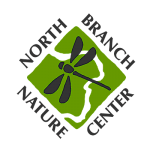
713 Elm Street
Montpelier, Vermont 05602
(802) 229-6206
Hours: Center Open Monday-Friday 9-4
Trails Open 24/7

